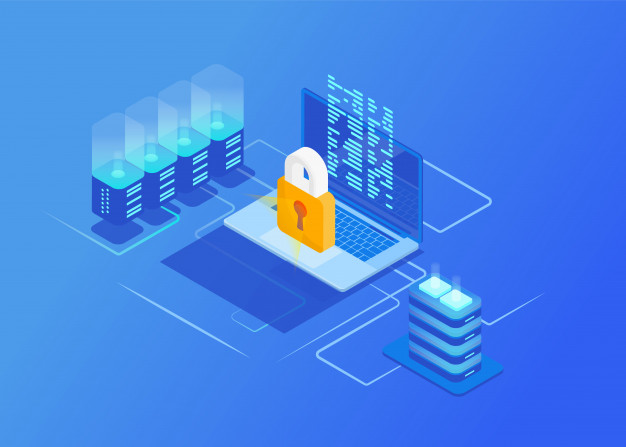There have been many cases of identity theft, which can affect your life in terrible ways. Taxpayers have not been spared when it comes to identity theft. Some criminals steal vast amounts of private information to commit tax fraud and other crimes while impersonating the victim. As taxpayers rush to beat the tax deadline, data breaches are frequently reported. Therefore, the tax season can be a huge inconvenience, especially for people who are not protected. Taxpayers must cover their private tax data. The IRS itself has experienced cases of data theft and has also been sued by taxpayers before. The effects of personal tax data theft can be devastating. Here’sHere’s how to protect your private tax data.
Keep your tax-related documents secure offline.
The first step to protecting your private tax data is to keep your offline tax-related documents securely stored. Keep your tax documents in a safe place at home under lock and key.
Avoid carrying your social security card or other documents that show a social security number. Carry only your identification, credit, and debit cards that you need when going out. If you need the Medicare card, make a copy of it and black out all but the document’s last four digits. Carry your Medicare card only when you have to use it at the doctor’s office.
Shred old tax-related documents including credit applications, credit offers, checks, bank statements, insurance forms, expired charge cards, receipts, and other similar documents, before trashing them.
It would help if you were careful about whom you share information with and always ask why they need it, how they will ensure its safety and the consequences of not sharing.
Don’t let your mail stay longer in your mailbox, and if you were away from home for several days, it would be wise to request a vacation hold on your mail.
Keep your computer secure.
Ensure your computer is secure at all times by installing security software, which you should update regularly. Software that will keep your laptop safe includes anti-virus, firewall, and anti-spy.
Do not open unsolicited emails or clicking on unsolicited links to avoid exposing your system to phishing, virus, or spyware. It’sIt’s essential to turn off the option to download email attachments automatically.
Only use an encrypted website and a secure wireless network that ensures your information is safe.
Use strong passwords and protect them.
Use strong passwords on your computer and protect them. Whenever you’re finished using your computer, always log off to keep your information safe and even make it harder for a thief to access your data when your computer is stolen.
Use encrypted and trusted websites.
Before sharing your personal information or completing online transactions, make sure you’re using an encrypted and trusted website. An encrypted website has a “lock” icon on the status bar of your browser.
Don’t overshare personal information on social media.
Sharing a lot of information about yourself on social networking sites makes it easier for an identity thief to get a lot of information about your life. Don’t share your address, new home, social security number, phone number, account numbers, etc.
Conclusion
Keeping your personal information protected will help in preventing tax-related identity theft. If you’re running a company, ensure your staff members are trained on proper handling of data. The above steps will help keep your private tax data safe.


